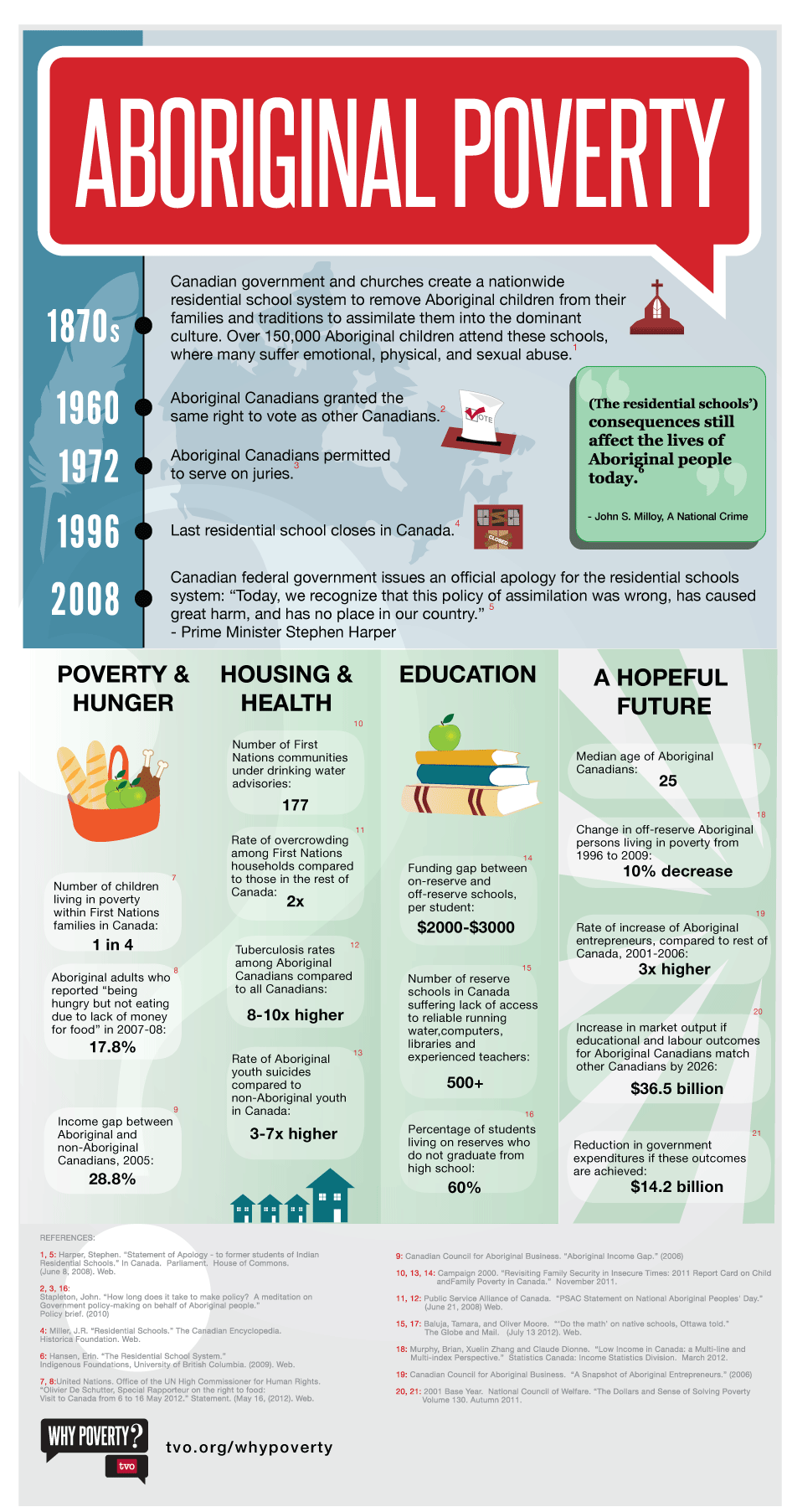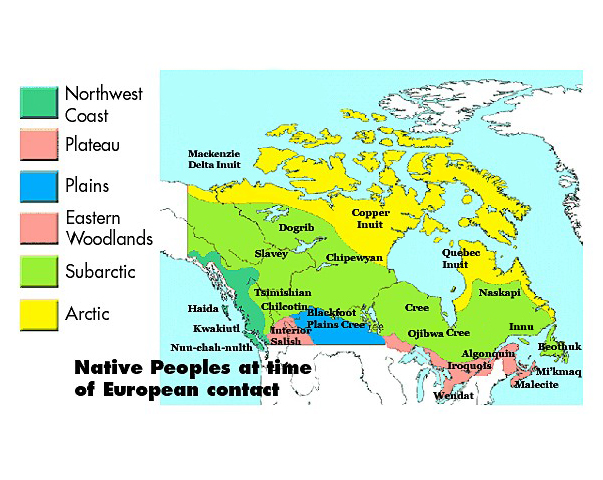 AD
AD
Today is: November 27
Scroll to explore events active on this date.
LEEP INK FEATURES

August? Absolutely!
In August, we live through the Dog Days of Summer. It's hot and often humid, and those who can leave for better climates do. Down south, winter is in full force. August is also known as "the ...

In The Heat of July: July 2025 Events
Is it hot enough (or cold enough if you're below the equator) for you yet? There is actually a day for that! Like every month, I pick a diverse collection of events you may or may not know about. This ...

May Blooms: Events in May 2025
Along with October, May is one of the most densely packed months of the year. It's before the summer humidity and the last whole month of the school year. The weather is warming in t...
About National Aboriginal Day in Canada
Politics , Civil Rights
Canada
Ends: Jun 21, 2025
DESCRIPTION:
The growing movement for Aboriginal rights in Canadian led to calls for greater recognition of the contributions of Aboriginal peoples to Canadian society.
Shortly after the adoption of the Canadian Charter of Rights and Freedoms in 1982, the National Indian Brotherhood, the leading body representing First Nations in Canada, called for the creation of a yearly "National Aboriginal Solidarity Day" on June 21.
Pressure for a national day of recognition continued to grow during the following decade as new ways were sought to bridge the divide between Aboriginal peoples and Canadians, especially in the wake of the 1990 Oka Crisis. In 1995, the Royal Commission on Aboriginal Peoples recommended a "National First Peoples Day" to focus on Aboriginal peoples' history, achievements, and contributions in Canada. Later that year, during the Sacred Assembly, Elijah Harper repeated the call for a national holiday to celebrate the contributions of Aboriginal peoples was made.
On June 13, 1996, after considerable consultation with Aboriginal organizations, June 21 was officially declared National Aboriginal Day.
VIDEOS
SUPPORTING DOCUMENTS
ADDITIONAL IMAGES
Where would you like to go now?
 AD
AD






/footer-logo.svg)
